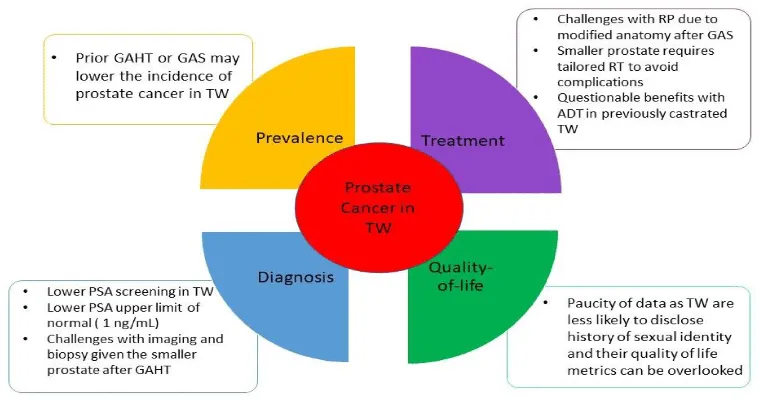When it comes to choosing the best care option for recovery, many families face the important decision between "residential rehab" and "in-home healthcare". Each option has its unique benefits and challenges, and understanding these distinctions can help you make an informed choice based on individual needs and circumstances.
Understanding Residential Rehab
"Residential rehab" facilities provide a structured environment where individuals can focus solely on their recovery. These centers typically offer a range of services, including medical care, therapy, and support groups. One of the key advantages of residential rehab is the 24/7 supervision and access to healthcare professionals, which can be crucial for those with severe addiction or mental health issues. The immersive nature of these programs often leads to a higher success rate in overcoming dependencies and learning coping strategies.
However, the transition to a residential rehab facility can be daunting. It often requires leaving home, which can be emotionally challenging for both the individual and their family. Additionally, the cost of residential treatment can be significantly higher than in-home options, making it less accessible for some.
The Benefits of In-Home Healthcare
On the other hand, "in-home healthcare" allows individuals to receive treatment in the comfort of their own homes. This option can be particularly appealing for those who have strong family support systems or who prefer a familiar environment during recovery. In-home healthcare services can include skilled nursing, physical therapy, and personal care, tailored to the individual’s specific needs.
One of the primary benefits of in-home healthcare is the flexibility it offers. Patients can maintain a sense of normalcy, continuing their daily routines and staying connected with family and friends. This familiarity can often lead to better emotional well-being and a lower level of stress during recovery. Furthermore, in-home healthcare may be more cost-effective, as patients are not required to pay for the additional overhead associated with residential facilities.
Factors to Consider
When deciding between "residential rehab" and "in-home healthcare", several factors should be taken into account:
1. "Severity of Condition": If the individual's condition is severe or requires constant monitoring, residential rehab may be more suitable.
2. "Support System": A strong support network at home can make in-home healthcare a viable option for those who prefer to remain in their familiar surroundings.
3. "Financial Implications": Consider the costs associated with both options and what insurance may cover.
4. "Personal Preferences": Ultimately, the comfort and preferences of the individual should play a significant role in the decision-making process.
Conclusion
Choosing between "residential rehab" and "in-home healthcare" is a significant decision that depends on various personal factors. By weighing the benefits and challenges of each option, families can find the best path forward for recovery. Whether opting for the structured environment of residential rehab or the comforting familiarity of in-home healthcare, the goal remains the same: to support the individual in achieving lasting recovery and improved quality of life.





